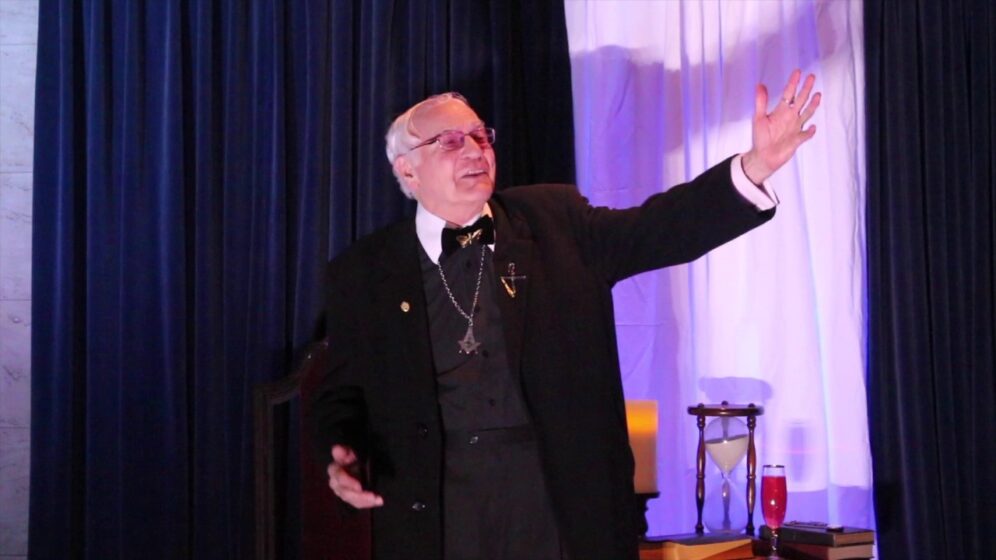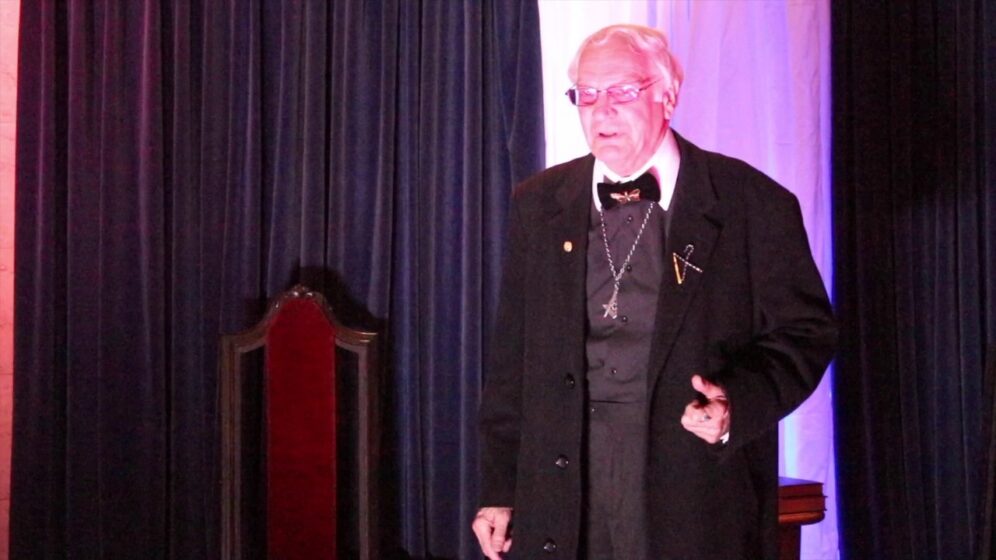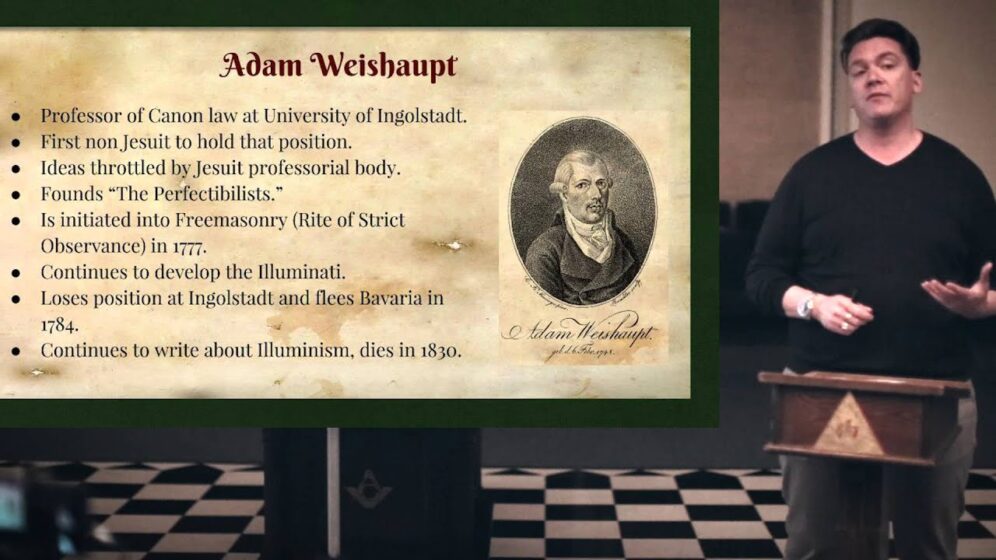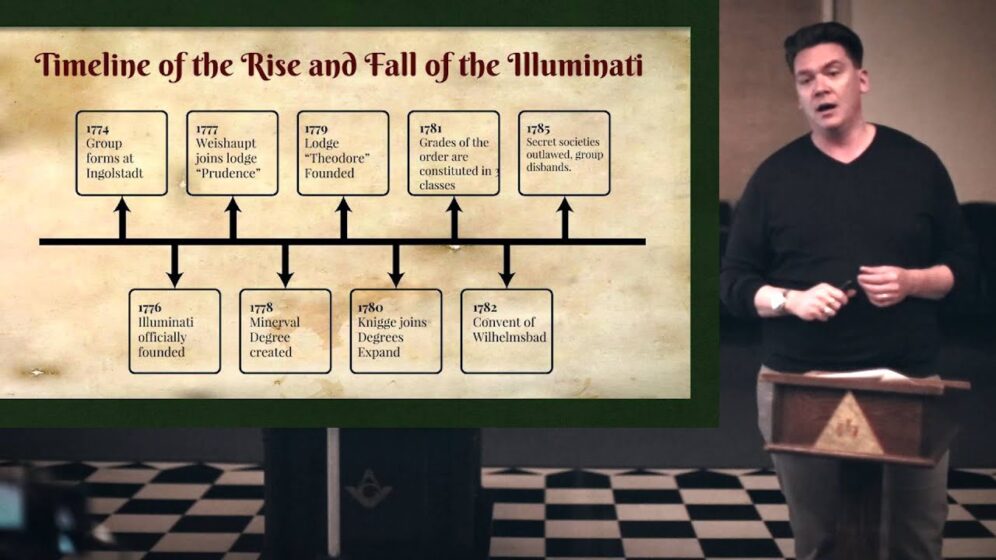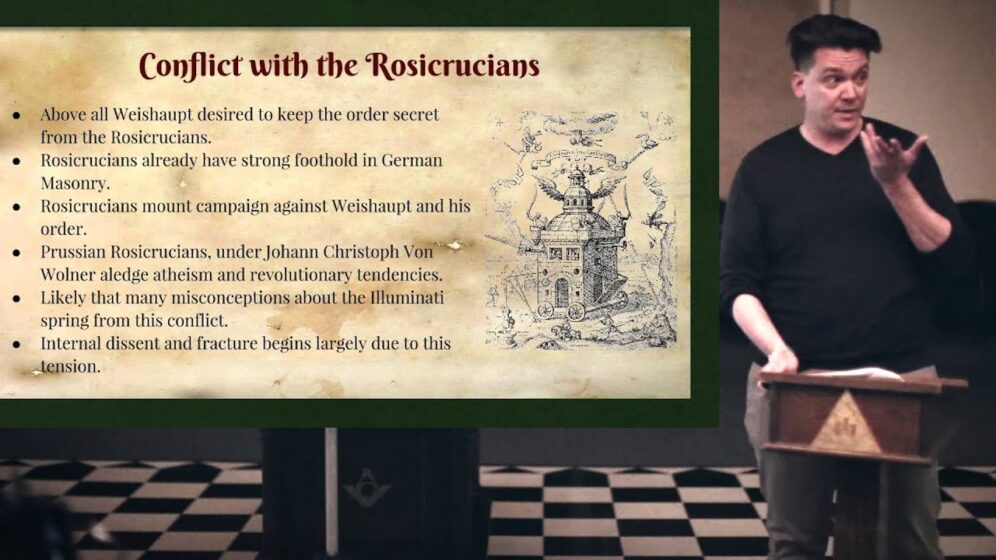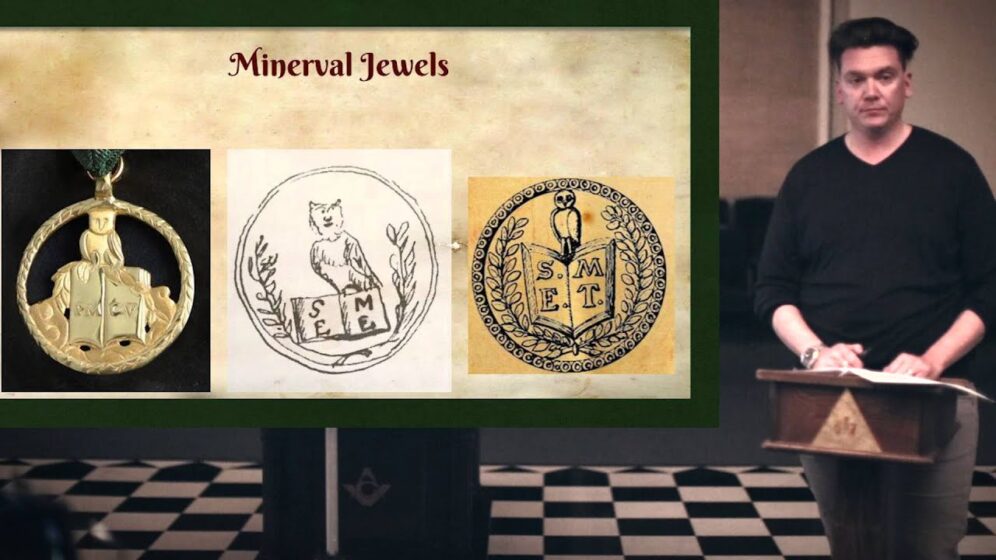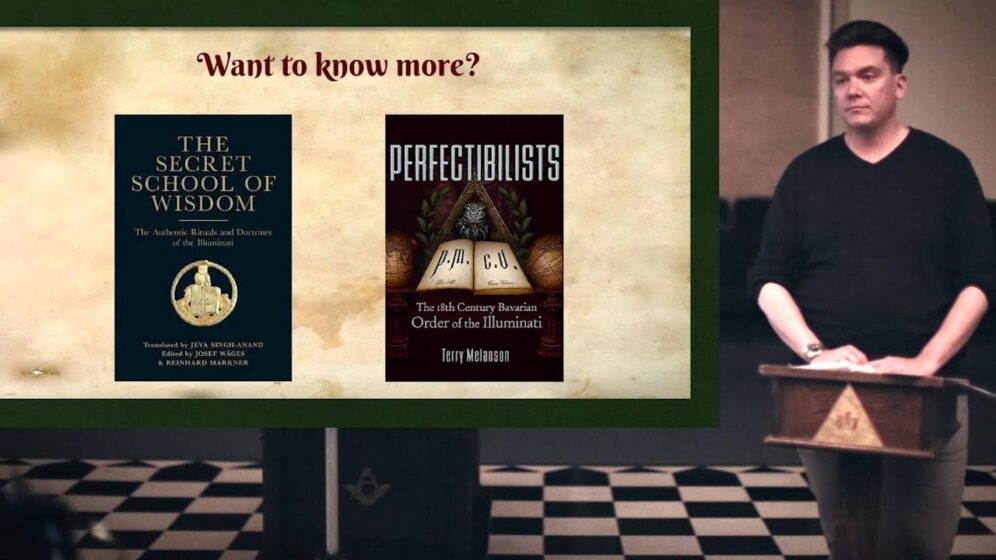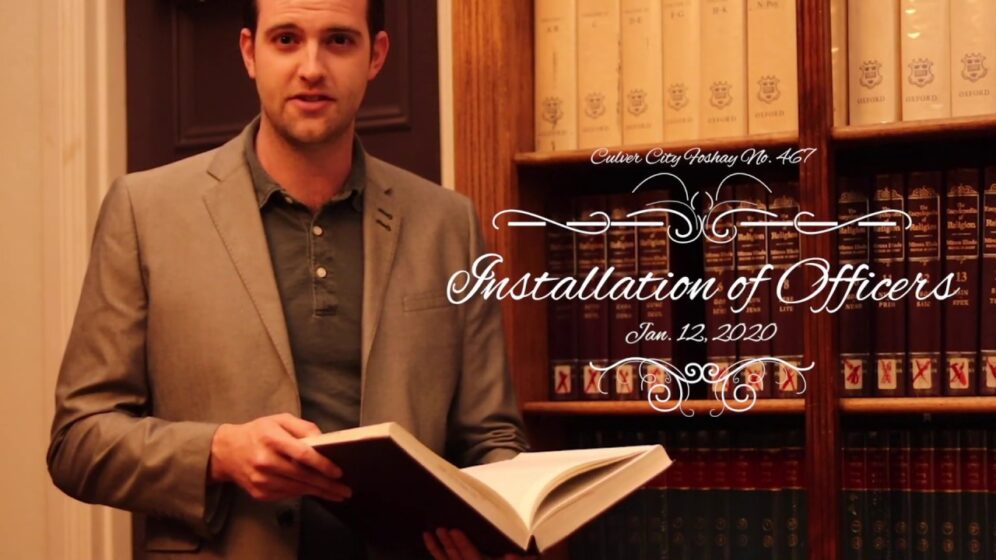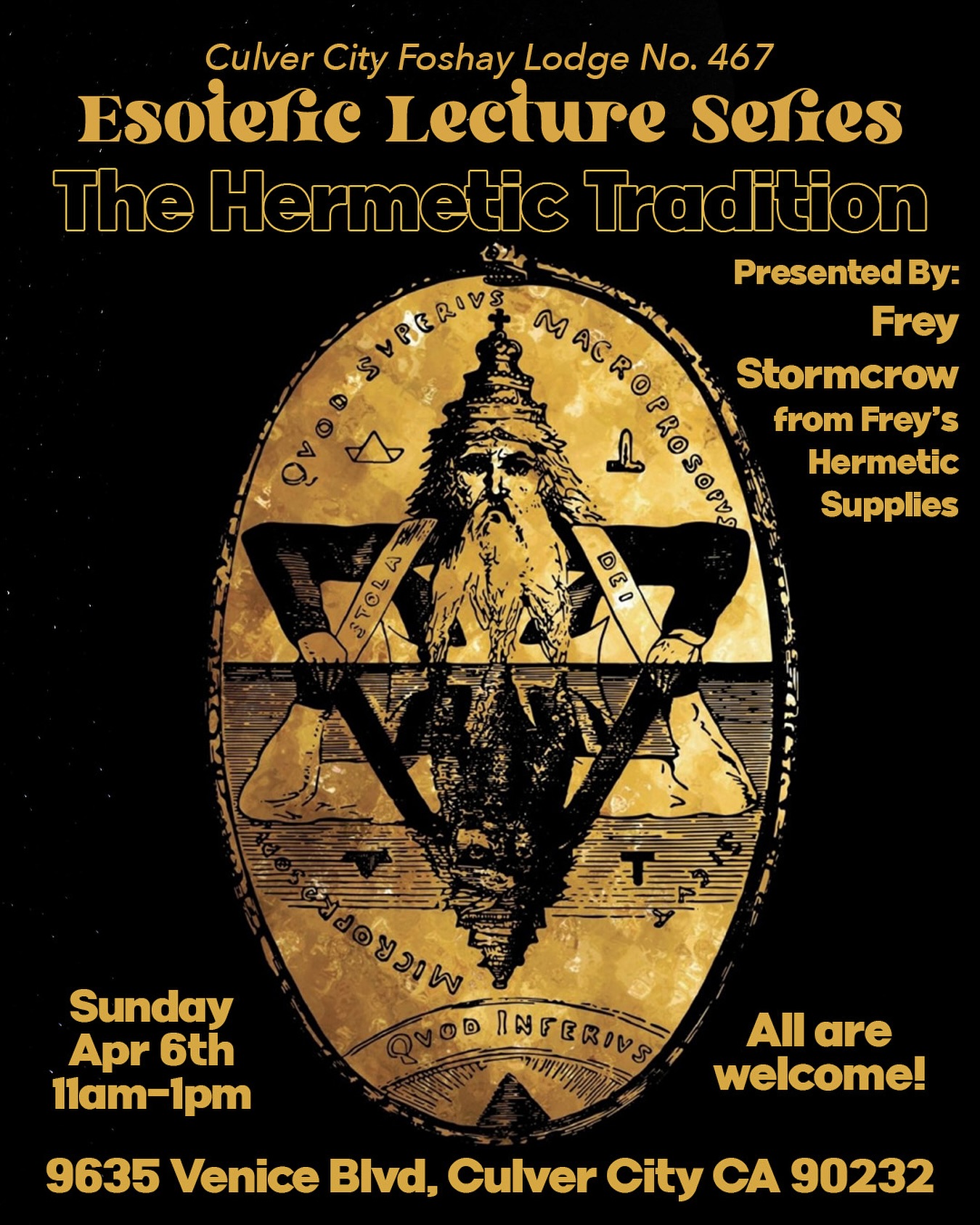“Spring, Easter, and Wishful thinking”
A common condition the student of the esoteric faces in their search for truth is misleading corollary, speculation, or wishful thinking presented as “fact.” Often “facts” are presented with little research or historical accuracy to support a claim.
This has become more of an issue with the pervasiveness of the internet and frequently forwarded emails making spurious claims as to the origins of holidays, traditions and “secrets.”
This month we have transitioned into spring; a time of renewal, warmth and the Christian holiday of Easter. As Easter approaches, a “fact” linking the titular holiday with the Goddess “Ishtar” often circulates through our inboxes and social media. While it’s a fun linguistic and historical exercise to link the phonetic pronunciation of “Ishtar” to “Easter,” it has no basis in historical fact.
Historically, we can trace the origins of Easter to the old english word “Ēostre or Ostara,” a pagan Goddess of the dawn. Ēostre represents new beginnings, the change of seasons and the warm light of spring. Saint Bede, in his c. 731 “Historia ecclesiastica gentis Anglorum,” states that the festival of Easter was named after the ‘old observance’ of Ēostre’s feasts during the month of Eosturmonath. He does not claim that anything survived of these feasts except the name. Even this “fact” is not without debate. Some scholars say the Goddess Ēostre was a fabrication of Bede’s imagination. However we can find further confirmation through historian Jacob Grimm in his 1835 “Deutsche Mythologie.” Grimm directly addresses the suggestion that Bede invented Ēostre, stated as follows:
“Germans to this day call April ostermonat. The great Christian festival, which usually falls in April or the end of March, contains, in the oldest of Old High German, the remains of the name ôstarâ. This Ostarâ, like the [Anglo-Saxon] Eástre, must in pagan religion have denoted a higher being, whose worship was so firmly rooted, that the Christian teachers tolerated the name, and applied it to one of their own grandest anniversaries.”
While the origins of “Easter” are still in question, they are likely Anglo Saxon or Germanic in origin and not based on the eastern traditions of Ishtar or Astarte.
As Esotericists, we bear the burden of relying on research and record to substantiate the deeper truths we seek. What is certain, is that the changing of seasons is celebrated by many cultures through symbolism and marked by festivals. As winter gives way to the warm light of spring, there is a natural connection to the resurrection of nature and a time of fertility as plants and animals begin to emerge from their winter slumber. Let us all move forward to the spring and its associated holidays with wishful thinking, and enjoy the new light that this season brings to us all.
Fraternally,
Bryan Godwin






